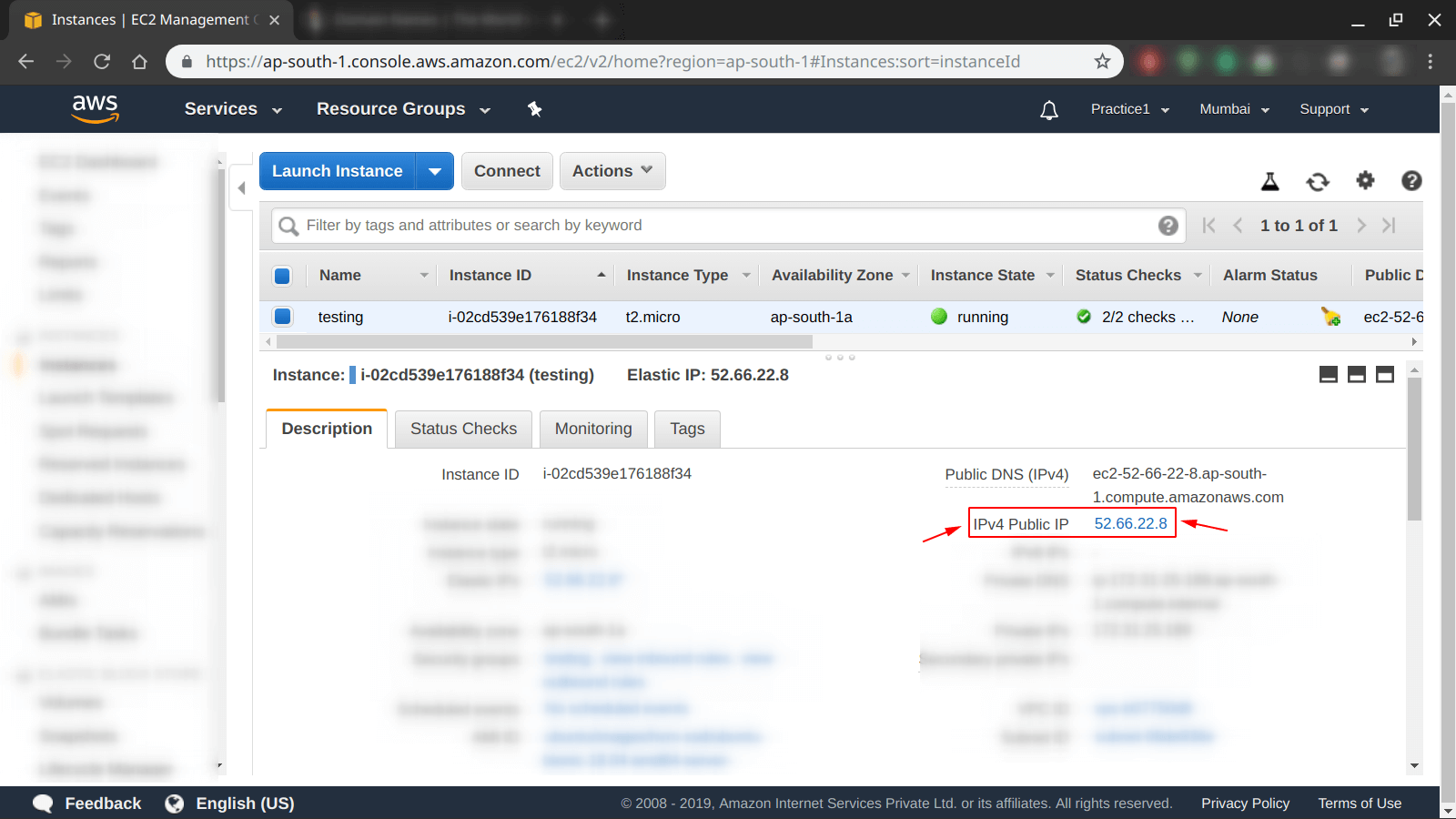
Getting Network Config From The Containerĭocker containers are really just an isolation mechanism, and nothing is preventing you from just entering the container and running regular Linux commands like ifconfig and getting the IP address that way. We’re only interested in the IP address though, so you can pass it a formatting option with -f to narrow it down to just the address. Then, run docker inspect, which returns a huge JSON file with all the information about the container. First, you’ll need to find the ID or name of the container you want to get the information for, which you can do with: docker ps If you just want the IP address though, it’s pretty simple to get from the host OS. This post goes into the details of how a pod gets an IP address and describes the interactions between various components - kubelet, CRI Plugin, Container Runtime and CNI Plugins. However, you can also just launch the container in both the default and user-defined networks, so it’s not a problem if you choose to make the container visible to others. When a pod is scheduled on a kubernetes node, there are various interactions that result into a pod getting an IP address. All containers in the default network can talk to each other, but once it’s removed and placed in a user-defined network, that ability is disabled. Every Docker networking the container joins. The other downside is that because user-defined networks provide better isolation, they also disallow you to access containers across networks with their private IP address. Docker manages IP addresses for containers running on a single host, but has no visibility managing IP addresses across servers in a container cluster. The primary issue is that containers in user-defined networks will be exposed to each other’s ports, regardless of if they’re published, but you can set up multiple networks, so this isn’t usually an issue. There’s a lot of upside to using bridges, and it’s recommended over the legacy -link option, which works on the default network. docker network create exampleĭocker run -net example -name nginx -d nginxĭocker network connect example -alias mongohost mongodb You can then access the other containers using the alias as a hostname for example, the NGINX container here can access the MongoDB instance with the connection string mongodb://mongohost:27017. You can create new networks, run containers in those networks, and connect existing containers to the network. For communication between containers, Docker provides a solution through user-defined bridge networks, which you probably should be using if you have multiple containers talking to each other.Ĭontainers added to non-default networks will be able to access each other through their alias, which will resolve to the private IP automatically.

However, IP addresses are ephemeral, and can break easily when containers are stopped and started. This is the primary use case of accessing a container directly through its IP address, but you should probably still just bind a port (you can keep it closed from the internet in your firewall).


You can also use this address to communicate from the host OS if you don’t want to bind a port.

This can be turned off for true isolation, but it isn’t by default. Containers launched by default will be placed in the default “bridge network,” and are allowed to communicate with other containers directly, provided you have their private IP address. Consider Using a User-Defined Bridgeĭocker networking is a little complicated. But, to communicate, you’ll often need to know each container’s IP address, which you can find with a few commands. The output is just like this: $ python docker_netinfo.Docker containers aren’t just about isolation-they’re often used to manage processes that still need to talk to each other directly. The most elegant and easy way is defining a shell function as the most-voted answer dockip() ".format(net_dict,net_dict,net_dict) Since Docker Compose creates an isolated network for each cluster, the methods below does not work with docker-compose.


 0 kommentar(er)
0 kommentar(er)
